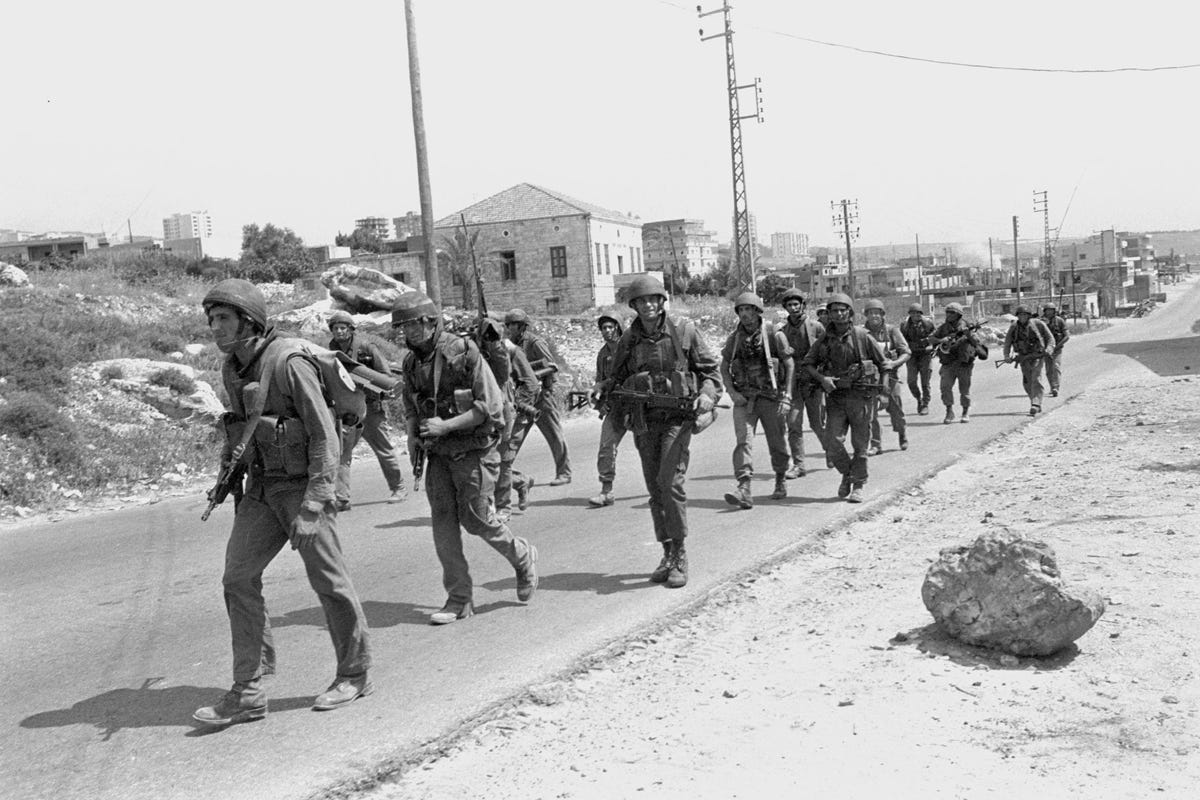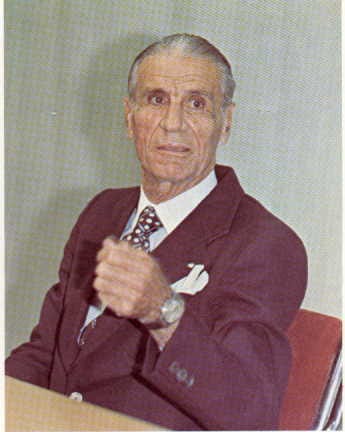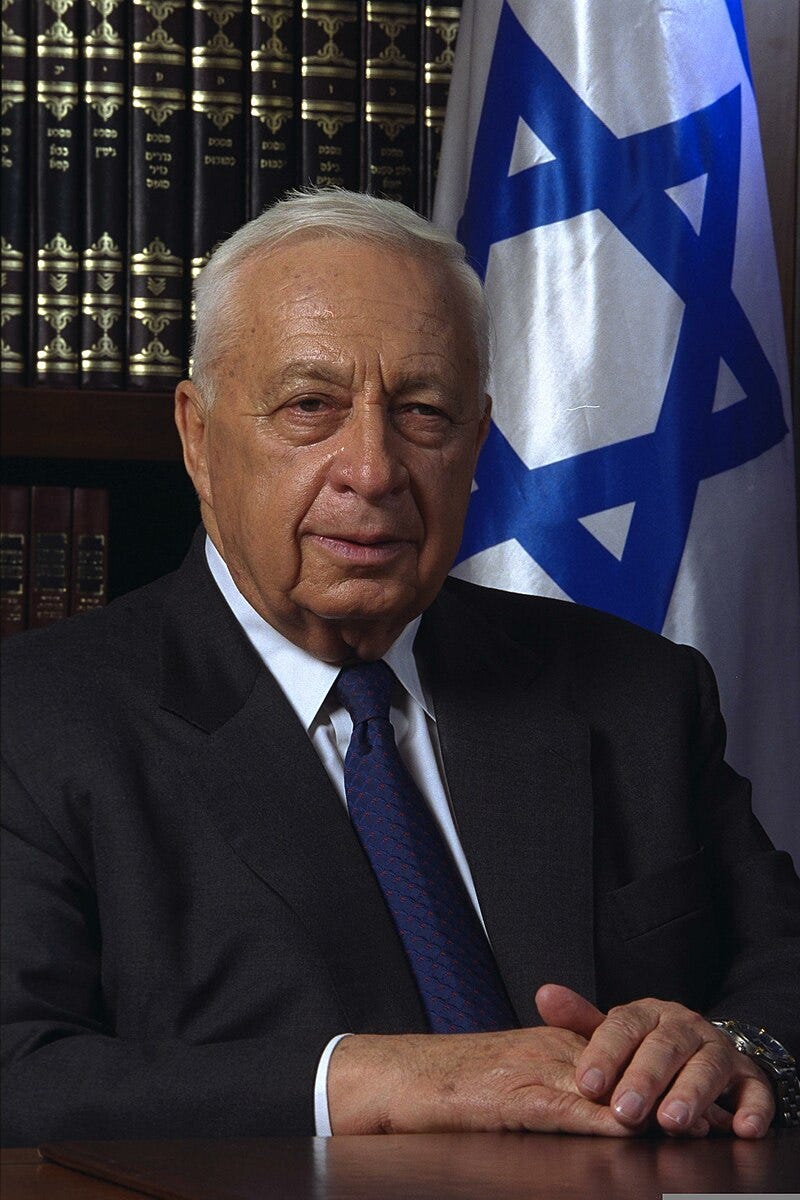Following the brutal massacre of October 7th, 2023, Israel launched its military campaign against the militant, Syria-backed Shia Islamist group Hezbollah ('Party of Allah') in Southern Lebanon. Alongside Hamas in the Gaza Strip, Hezbollah is the most significant non-state threat to the Jewish State’s survival. This state of war on the northern borders of Israel reached a fever pitch on July 27th, 2024, when a rocket strike hit the Druze town of Majdal Shams in the Israel-occupied Golan Heights. According to the IDF, the 12 confirmed casualties were children aged 10 - 20.
The attack happened during Prime Minister Benjamin Netanyahu’s visit to Washington D.C., which drew intense anti-Israel protests. For 10 months since October 2023, there have been speculations of a full-scale war in Lebanon. With this recent attack, the worst possible scenario has arrived. Although Hezbollah claimed it had “absolutely nothing to do with the incident,” neither Netanyahu nor the Israeli people will take their words seriously.
But Lebanon is not an unfamiliar battlefield in Israeli history. Since Israel took control of the Golan Heights, following its victory in the Six-Day War of 1967, the territory has been the sights of two wars between Israel and Lebanon - one in 1982 and one in 2006. In this article, I would like to focus on the former.
By 1982, the Palestinian Liberation Organization (PLO) had taken over Southern Lebanon. The country had been in the midst of a brutal civil war, waged between the Christian and Muslim populations starting in 1975. Within its borders, Lebanon had 110,000 Palestinian refugees as a result of the 1948 Israeli War of Independence (or what Palestinians refer to as the Nakba). By 1975, that number had grown to 300,000 Taking advantage of the political instability of the region, the PLO established a de facto Palestinian state within the South of Lebanon.
But it was not the PLO’s actions that caused the conflict to spiral into war. It was the Abu Nidal Organization, founded by its namesake militant in 1974 after breaking away from Yasser Arafat’s outfit. On June 3rd, 1982, three men from the organization - Hussein Ghassan Said, Marwan al-Banna, and Nawaf al-Rosan - attempted to assassinate Shlomo Argov, then Israeli ambassador to the United Kingdom. Argov was not killed, but he was critically injured. Despite his survival, he fell into a three-month coma, and was paralyzed for the rest of his life.

Israeli Prime Minister Menachem Begin, in a fateful decision, blamed the PLO for the incident, and led IDF troops into Southern Lebanon. Despite being told that Abu Nidal was the PLO’s sworn enemy, Begin reportedly retorted: “They're all PLO, Abu Nidal, Abu Shmidal- we have to strike at the PLO.”
Lebanon, according to Pulitzer Prize-winning historian Kai Bird, “became Israel’s Vietnam War.” The invasion of Southern Lebanon would protract into an eighteen-year long occupation, concluding in 2000. Although the PLO was expelled from Lebanon, a far more dangerous threat emerged from the invasion. It made itself known in April 18th, 1983, when a suicide bomber detonated 2,000 pounds of explosives inside the American Embassy in Beirut. 32 Lebanese, 17 Americans, and 14 visitors and passers-by were killed that day - among the American casualties was Robert Ames, at the time the CIA’s most important liaison to the Arab leaders. That threat was Hezbollah - the Party of God.

As the invasion progressed, Israel collaborated with the Maronite Christian factions in Lebanon, hoping to repel Palestinian and Arab influences there. One of these factions was the Kateeb Party, also known as the Phalanges. Although it currently exists as a centre-right party in Lebanese Parliament, Kateeb was a right-wing to far-right Christian organization with a paramilitary wing, the Lebanese Forces. Established in 1936 by Pierre Gemayel, it was modeled after the Italian and Spanish fascist parties. According to an interview with journalist Robert Fisk, Gemayel said:
I was the captain of the Lebanese football team and the president of the Lebanese Football Federation. We went to the Olympic Games of 1936 in Berlin. And I saw then this discipline and order. And I said to myself: "Why can't we do the same thing in Lebanon?"
The Gemayel family would become a powerful force in Lebanese politics, with his two sons Bachir and Amine assuming Lebanon’s presidency during the Israeli invasion. Bachir was assassinated shortly after his election in 1982, and Amine succeeded him that same year.
President Bachir Gemayel was assassinated on September 14th, 1982. Habib Shartouni, a member of the Syrian Social Nationalist Party, detonated a bomb at the Phalange headquarters in Achrafieh, eastern Beirut. The Lebanese Forces, incensed by the assassination, committed large-scale killings of Palestinians and Lebanese Shias residing within Beirut between September 16th and 18th. The death toll was estimated to be between 1,300 and 3,500. The incident came to be known as the Sabra and Shatila massacre.
Although no Israelis were involved in the killings, Israel support for the Phalanges meant it was indirectly responsible. The Kahan Commission, established by the Israeli government on the 28th of September, 1982, found that
The decision on the entry of the Phalangists into the refugee camps was taken without consideration of the danger - which the makers and executors of the decision were obligated to foresee as probable - the Phalangists would commit massacres and pogroms against the inhabitants of the camps, and without an examination of the means for preventing this danger.
Additionally, Israeli Defence Minister Ariel Sharon was found to bear “personal responsibility” for “ignoring the danger of bloodshed and revenge”, thus facing removal from office. Sharon was forced resign from the post in 1983. In the same year, Prime Minister Begin, following the backlash from the massacre as well as the passing of his wife Aliza, announced his resignation from the premiership.
Sharon would make a political comeback in the early 2000s, culminating in his tenure as Prime Minister between 2001 and 2006. But Israel’s reputation as a nation and a military power suffered a massive stain following 1982. If the Jewish State decides to take military action in Lebanon in 2024, let 1982 be a warning.






